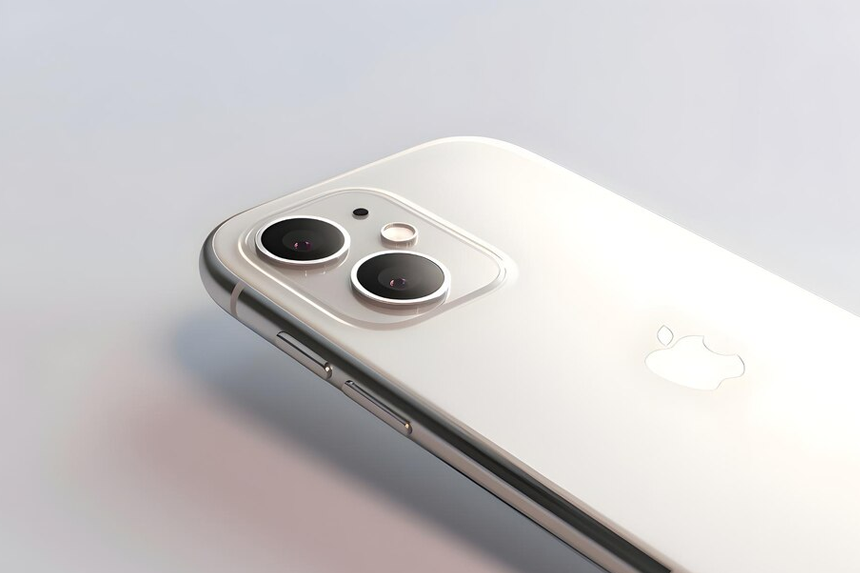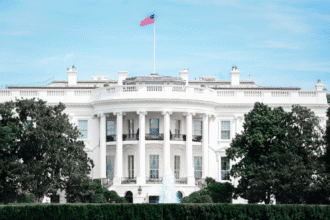Due to growing competition from local smartphone makers, Apple is providing infrequent Apple iPhone discounts in China. Beginning on January 4th, this four-day sale represents a major change in Apple’s pricing approach to appeal to Chinese consumers who are price conscious in light of the nation’s economic difficulties.
- What Deals Are Offered on the Newest iPhones?
- In what ways is Apple responding to shifting consumer preferences?
- How Is Apple's Dominance Being Challenged by Local Rivals?
- What Are the Broader Market Trends in China Reflected by These Discounts?
- Is There Pressure on Apple's Market Share in China?
- What Does the Future Hold for Apple in China?
What Deals Are Offered on the Newest iPhones?
Discounts of up to 500 yuan ($68.50, £55.30) are available during the offer for Apple’s newest smartphones, which include the premium iPhone 16 Pro and iPhone 16 Pro Max. The iPhone 16 Pro, which retails for 7,999 yuan, and the iPhone 16 Pro Max, which retails for 9,999 yuan, will receive the largest discount.
Along with a variety of older models and other gadgets, the offer offers a wide range of savings on Apple products. A similar promotion was launched by Apple last year in advance of the Lunar New Year holiday, which is a time when Chinese consumers are known to spend a lot of money. Since the festival this year will start at the end of January, the company and bargain-hunting customers will find this campaign to be timely.
In what ways is Apple responding to shifting consumer preferences?
Apple’s choice to provide Apple iPhone discounts demonstrates how Chinese consumers’ purchasing habits are changing, especially in light of the present economic situation. Many people are frugal with their expenditures because of the nation’s economic slowdowns and uncertainty. “Apple’s approach has evolved to accommodate the shifting purchasing habits of Chinese customers. Price reductions are now more appealing to customers due to the value-seeking tendency, according to a market intelligence specialist.
He continued, “Apple may fall behind other competitors if it doesn’t adopt such a pricing strategy.” This is a significant change for a company that is usually associated with high-end prices.
How Is Apple's Dominance Being Challenged by Local Rivals?
One of Apple’s main regional competitors, Huawei, has also joined the price-cutting trend, lowering the cost of its high-end mobile devices by up to 20%. Apple’s position in the Chinese market is being further strained by the heightened competition from indigenous brands. Although Apple’s marketing campaigns might help the company keep its clientele, the emergence of Chinese companies like Xiaomi, Vivo, and Huawei has made it harder to hold onto market share.
In recent months, Huawei has seen significant growth, particularly since its return to the premium smartphone market in August 2024. Despite ongoing US trade restrictions, Huawei has launched several new devices featuring advanced technology, which have resonated with Chinese consumers. According to the latest research, Huawei saw a sales increase of more than 40% during the third quarter of 2024, while Apple’s sales dipped by 0.3%.
What Are the Broader Market Trends in China Reflected by These Discounts?
Apple iPhone discounts in China aren’t limited to iPhones. Businesses are providing big discounts to attract clients, who are growing more hesitant to spend due to the nation’s economic difficulties, from internet merchants to automakers. In response, the Chinese government this year started a trade-in program to entice people to replace outdated household equipment and automobiles. Mobile phones, tablets, smartwatches, and fitness bands have all just been added to this plan.
As prices on flagship smartphones from both Apple and its local competitors continue to fall, the competition in the smartphone market in China is intensifying. Vivo, for example, emerged as the top-selling smartphone brand in China during the third quarter of 2024, with sales increasing by over 20%. This surge in competition has led to a more aggressive pricing strategy across the market.
Is There Pressure on Apple's Market Share in China?
As local competitors gain ground, Apple’s market share in China’s smartphone market has been under increasing pressure. Apple’s position is still shaky even if it momentarily dropped out of the top five smartphone manufacturers in China before reentering the market in the third quarter of 2024. Together with Huawei’s exceptional performance, Vivo’s remarkable development indicates a change in the competitive landscape.
An industry analyst stated, “With practically everyone launching a flagship last quarter, we’ve seen market competition increase.” Apple’s position is growing more precarious as local manufacturers actively target both high-end and budget-conscious consumers.
What Does the Future Hold for Apple in China?
Despite the ongoing challenges, Apple’s efforts to offer Apple iPhone Discounts and adapt its strategy in China signal the company’s recognition of changing market dynamics. As the competition intensifies, particularly with local brands like Huawei, Vivo, and Xiaomi gaining momentum, Apple’s next moves will be crucial in maintaining its position in the world’s largest smartphone market.
The company’s willingness to adjust its pricing strategy and offer promotional discounts will likely continue as it faces increasing competition and a cautious consumer base in China. Whether these efforts will be enough to stem the tide of local competition remains to be seen, but the trend suggests that Apple may need to be more flexible to retain its loyal customers in this challenging market.







